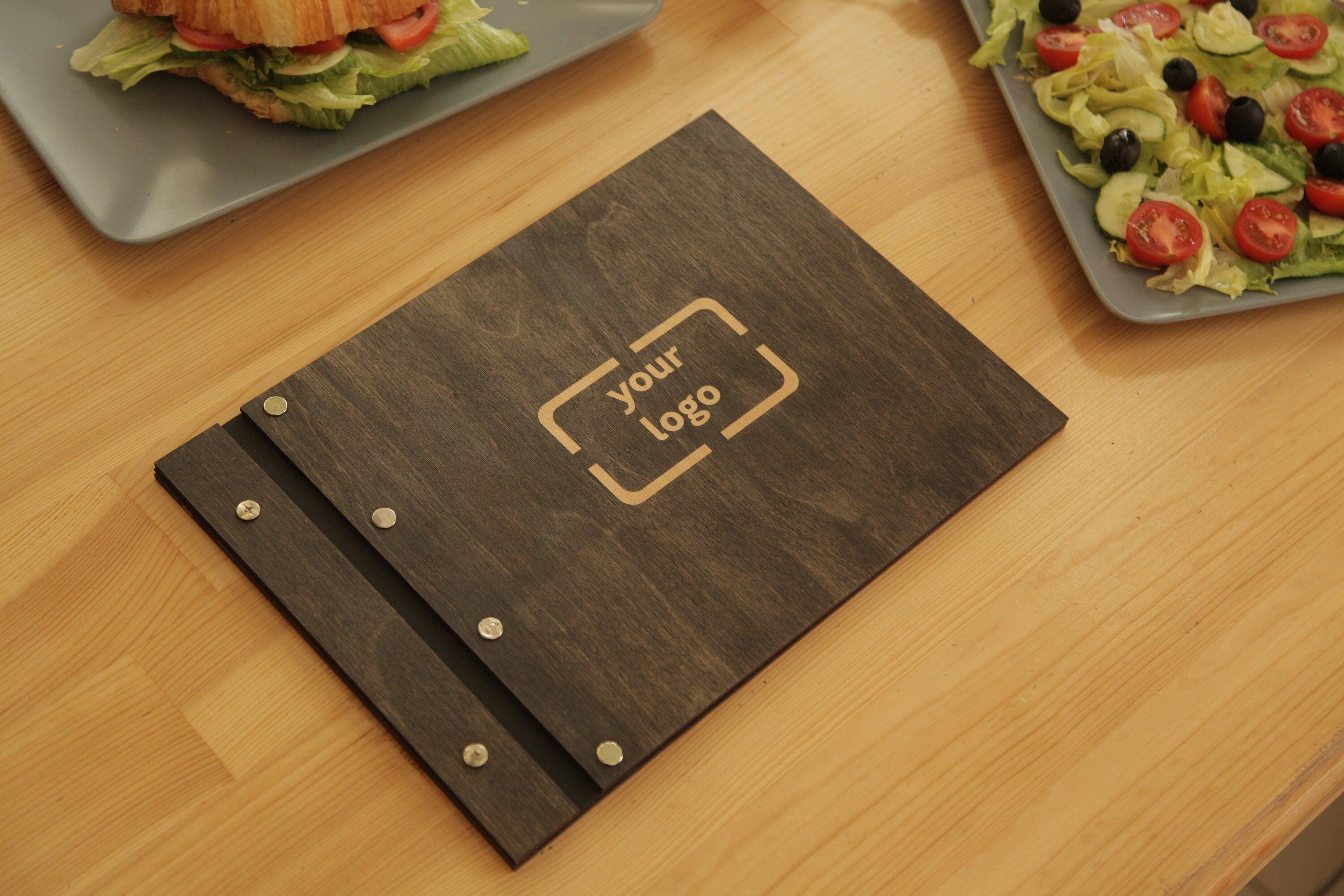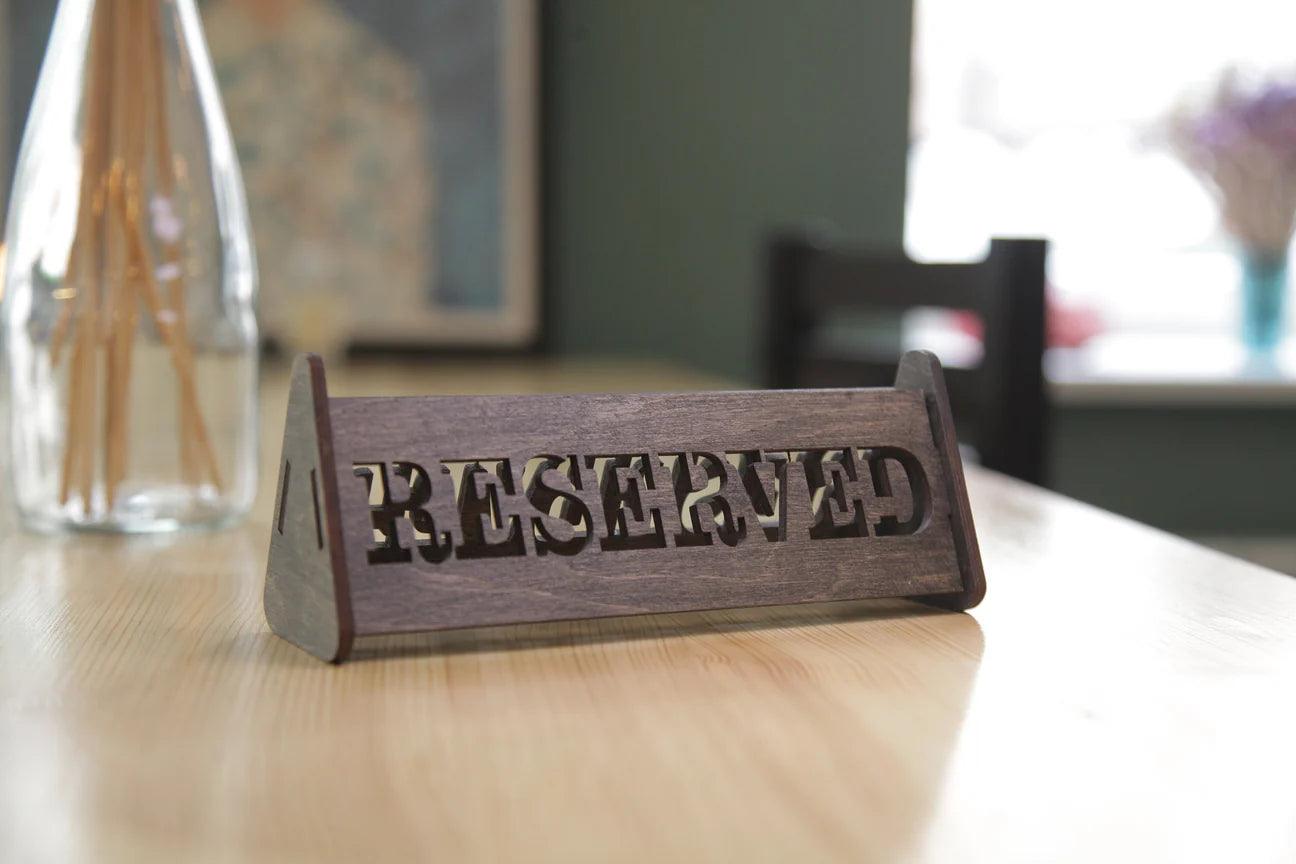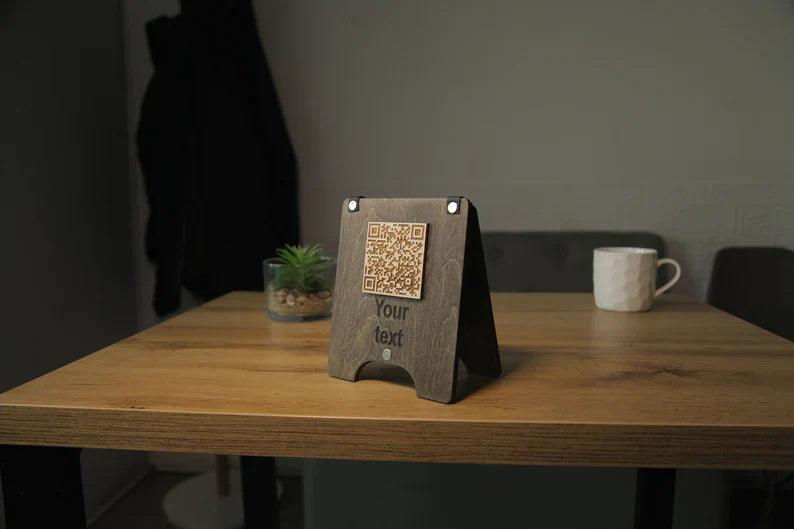
What Does a Restaurant Host Do?
Walk into any thriving restaurant and notice who greets you first. That person sets the entire mood for your meal. Restaurant hosts do far more than point people toward empty tables. They juggle reservations, manage crowds, and keep everything running smoothly behind that welcoming smile. This guide breaks down what hosts actually do all day, the skills that make them succeed, and why restaurants depend on them so heavily.
Key Takeaways
- Restaurant hosts create first impressions through greetings, reservation handling, and smart table coordination that keeps guests happy.
- Good hosts balance crowd control, staff communication, and table turnover without guests noticing the complexity.
- Success requires strong communication, organisation, multitasking abilities, and genuine people skills that can't be faked.
- Smart hosting decisions boost restaurant profits through better seating, shorter waits, and experiences that bring customers back.
The Front-of-House Foundation
Hosts anchor restaurant operations in ways most diners never see. They connect what guests experience with what happens behind the scenes. Every decision they make affects table turnover, staff workload, and customer satisfaction scores.
Professional presentation goes beyond looking neat. Restaurants boost their image through custom branded materials and quality accessories from companies like KyivWorkshop. Every detail matters when guests form opinions within seconds of walking in.
The job title has shifted over time. Most places now use "host" for everyone, dropping the old "hostess" term. This change reflects how the industry values skills over gender.
Those first thirty seconds make or break the experience. Hosts control whether guests feel excited about their meal or already disappointed. That's serious responsibility packed into a simple greeting.
Core Host Responsibilities
So what does a host do at a restaurant during a typical shift? The answer involves way more than most people realise. Host responsibilities stack up throughout the day, each one affecting how smoothly the restaurant runs.
Daily Guest Tasks:
- Greeting arrivals with genuine warmth
- Checking party sizes and special needs
- Giving realistic wait time estimates
- Walking groups to their tables
- Sharing information about specials or policies
Reservation systems can get messy fast. Hosts juggle booking software, handle last-minute changes, and keep track of guest preferences. When three parties show up at once claiming the same time slot, hosts sort it out.
Table assignments require chess-like thinking. Hosts consider which servers need breaks, how busy the kitchen is, whether someone needs wheelchair access, and if that four-top by the window just opened up. Get it wrong and servers get overwhelmed whilst guests wait longer.
Wait lists need constant updating. Digital tools help, but hosts still provide the human touch. They keep waiting families entertained, update time estimates, and smoothly transition groups when tables free up.
Phone work extends hosting beyond the building. Every call about reservations, menu questions, or directions represents the restaurant's voice. These conversations often decide whether callers actually show up.
Kitchen and server coordination keeps everything flowing. Hosts relay special requests, communicate timing issues, and help different teams work together smoothly.
The Art of Table Management and Guest Flow
Smart seating looks effortless but requires serious strategy. Hosts read the room like air traffic controllers, distributing guests to balance server workloads whilst keeping everyone happy.
Rush periods test every skill hosts have developed. Crowds gather at the entrance, multiple parties wait for callbacks, and chaos threatens to take over. Hosts maintain order without making guests feel rushed or unwelcome.
Special Situations That Test Host Skills:
- Birthday parties requiring specific table setups and celebratory atmosphere
- Wheelchair users needing accessible seating and clear pathways
- Business dinners wanting quieter spots away from high-traffic areas
- Large families with children needing high chairs and spacious tables
- Romantic dates preferring intimate corners with appropriate lighting
Each scenario demands quick thinking and creative solutions.
Technology has changed hosting dramatically. Modern systems track reservations, monitor table status, and coordinate between departments. But technology amplifies good hosts rather than replacing them.
When hosts escort guests to tables, quality menu covers enhance the moment. Professional presentation shows attention to detail that guests notice and appreciate.
Host Skills That Actually Matter
Being a host at a restaurant demands specific abilities that can't be learned from books alone. Some people naturally excel at reading situations and responding appropriately.
Communication Skills That Count:
- Listening to what guests actually want
- Speaking clearly under pressure
- Using body language that feels welcoming
- Handling complaints without escalating problems
- Connecting with people from different backgrounds
Organisation prevents disasters during busy periods. Hosts track table status, coordinate timing, maintain records, and share information between teams. One missed detail can cascade into bigger problems.
Multitasking happens constantly. Hosts answer phones whilst greeting arrivals, update computers during conversations, and coordinate with multiple staff members simultaneously. This requires focus that many people can't sustain.
Professional appearance reflects restaurant standards. Casual family spots want approachable energy. Upscale establishments expect polished sophistication. Hosts adapt their presentation to match the venue's personality.
Technology skills keep getting more important. Reservation platforms, payment systems, communication apps, and social media all play roles in modern hosting. Comfort with these tools speeds up daily tasks.
Team collaboration makes or breaks busy shifts. Hosts who work well with servers, kitchen staff, and managers contribute to smoother operations and better guest experiences.

Beyond Basic Duties
Modern hosts wear many hats beyond greeting and seating. During rushes, they refill water glasses, clear plates, or help servers catch up. This flexibility prevents service breakdowns when things get hectic.
Takeaway coordination has exploded with delivery apps. Hosts often manage pickup timing, coordinate with kitchens, and ensure smooth handoffs to drivers or collecting customers.
Reception areas need constant attention. Hosts monitor cleanliness, arrange waiting spaces, and keep promotional materials current. These details affect first impressions before any conversation happens.
Large group events showcase host adaptability. Corporate dinners, birthday celebrations, and private parties require extra planning and execution skills that go well beyond normal service.
Revenue impact often goes unnoticed. Efficient seating increases table turnover. Good experiences encourage return visits. Hosts who understand this connection actively contribute to restaurant profits.
Ways Smart Hosts Boost Restaurant Revenue:
- Strategic seating that maximises table turnover rates
- Accurate wait time estimates that keep guests from leaving
- Upselling reservation slots during peak periods
- Creating positive first impressions that encourage return visits
- Coordinating efficient service flow that serves more customers
Quality check presenters help finish strong impressions as guests complete their meals and head toward positive reviews.

Professional Development and Career Progression
Hosting typically offers entry-level access to restaurant careers. Most places hire based on personality and communication skills rather than extensive experience.
New Host Training Areas:
- Restaurant layout and table systems
- Software operation and troubleshooting
- Menu knowledge and allergy information
- Safety procedures and emergency protocols
- Service standards and problem resolution
Career paths from hosting lead throughout hospitality. Many successful restaurant managers started as hosts. The role provides broad exposure to operations that proves valuable in leadership positions.
Pay varies widely based on location and restaurant type. Entry positions start near minimum wage. Experienced hosts at upscale venues can earn £12-15 hourly plus potential tip sharing.
Industry growth looks promising as dining habits evolve. Hosts who develop strong skills find opportunities both within individual restaurants and across the broader hospitality sector.
Moving from host to management requires understanding comprehensive restaurant management strategies that successful industry professionals must master.













